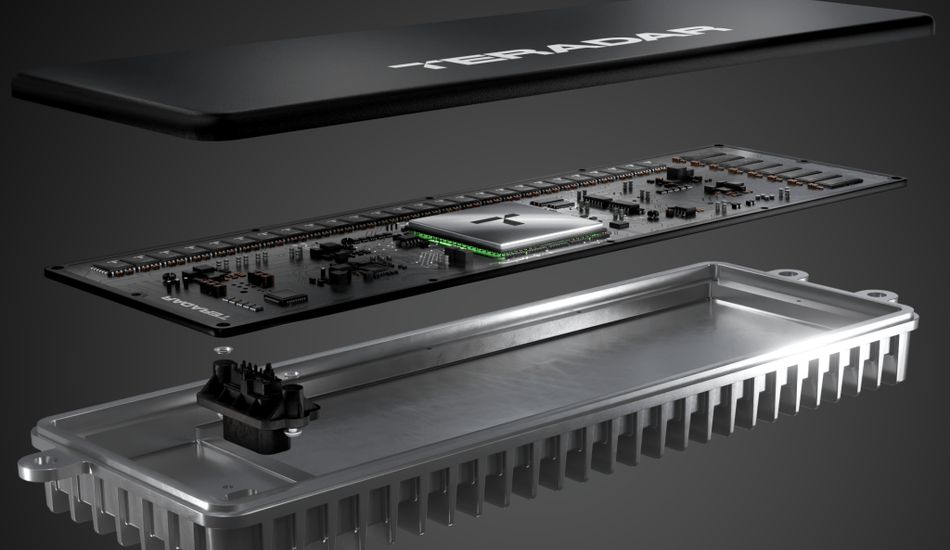
Teradar Raises $150M to Develop a New Sensor Technology
I've always been fascinated by new sensor tech, and Teradar seems to be onto something truly interesting. The Boston-based startup just landed a whopping $150 million in Series B funding to develop their solid-state sensor. What makes it special? It operates in the terahertz band, a sweet spot between microwaves and infrared.
The buzz around Teradar's tech is that it combines the strengths of both radar and lidar. Radar is great because it works in all kinds of weather, like rain or fog, and doesn't have moving parts, which means it's more reliable. Lidar, on the other hand, gives you super high-resolution images. If Teradar can really deliver on this promise, it could be a game-changer.
The company's CEO, Matt Carey, seems to enjoy the skepticism he encounters. He mentioned that he loves it when people tell him they don't believe in his product. For him, that is when people should test the product.
Real-World Demos and Big Names
Teradar isn't just making claims. They've been showing off their sensor at events like the Consumer Electronics Show. Carey described how he pointed an early version of the sensor at crowds while representatives from major automakers watched it analyze the scene in real-time. He said that most of the people just believed after getting to play with it.
The funding round was led by some serious investors, including Capricorn Investment Group and Lockheed Martin's venture arm. This kind of backing suggests that big players see real potential in Teradar's technology. They are partnering with five top automakers from the U.S. and Europe to validate their technology, and they expect to have their sensors in vehicles by 2028. That’s not too far off.
Carey mentioned that the goal is to get these sensors on every vehicle, not just the high-end ones. He drives a Ford Focus and said there is no chance that a $1,000 lidar would be on it. The sensor's price is expected to land somewhere between radar and lidar. It can be a few hundred dollars, not a few thousand.
The automotive industry is the primary focus for now, particularly advanced driver-assistance systems (ADAS) and self-driving tech. However, there's also interest from the defense sector, which isn't surprising given the sensor's potential applications.
While others have explored terahertz tech before, Teradar believes that recent advancements in silicon, combined with their team of experts, gives them a competitive edge. According to Carey, one of the company's co-founders, Nick Saiz, is the "world’s best terahertz chip designer, bar none".
Getting the attention of automakers hasn't been easy. It's very difficult to get their attention, it's very difficult to get their dollars, and it's very difficult to get their test track time. However, they are gaining their trust.
Source: TechCrunch